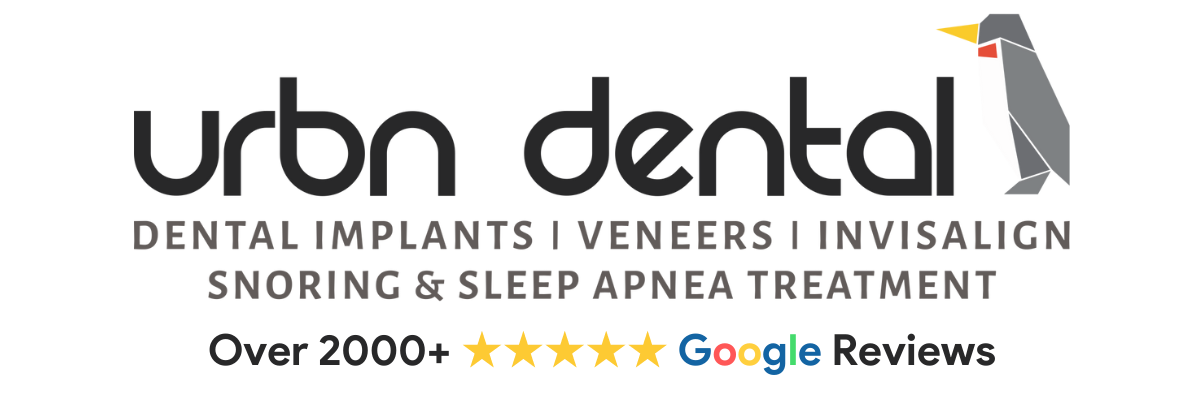In This Article
Your unexplained tooth pain may be symptomatic of a cracked tooth.
Do you have unexplained tooth pain that doesn’t go away? Numerous reasons can cause toothaches, but the most common cause of unexplained tooth pain is a cracked tooth. Cracked tooth syndrome is a painful condition wherein one or more of your teeth are fractured, leading to severe toothaches. The severity of the toothache may depend on the severity of the fracture. Hairline cracks on the crown don’t cause much pain, but severe fractures that extend under the gum line cause severe toothaches and often necessitate extraction. If you have unexplained tooth pain, contact your nearby weekend emergency dentist immediately.
What can be the reasons for tooth pain?
- Tooth decays and untreated cavities
- Bacterial infection in the center of the teeth
- Cracked teeth due to injuries or trauma
- Damaged fillings
- Teeth grinding and clenching (bruxism)
- Infected gum tissues
What are the symptoms of cracked teeth?
- Sensitivity to hot and cold temperatures
- Sensitivity to sticky and sugary foods
- Sharp toothaches while putting pressure
- Painful sensations while chewing
- Cracking sounds while biting
What are the causes of cracked teeth?
- Chewing hard objects, such as nuts, ice, and hard candy.
- Oral and facial injuries and trauma due to accidents, sports, etc.
- Damaged tooth restorations, such as fillings and crowns.
- Prolonged periods of wear-and-tear due to teeth grinding (bruxism).
- Misalignment problems leading to the uneven distribution of bite force.
- Unsuccessful root canal treatments.
What are the possible treatments for cracked teeth?
If you have the signs or symptoms of cracked teeth, you must contact your weekend emergency dentist immediately. Minor hairline cracks aren’t emergencies, so they don’t necessitate immediate treatment. But major fractures necessitate immediate root canal treatment or extractions. However, most patients can’t determine if they have a mild or severe fracture, so it’s crucial to visit unexplained tooth pain. The dentist will run numerous x-rays and examine your teeth to determine the type of fracture and curate the ideal treatment plan. Depending on the severity of the fracture, the dentist may recommend the following treatments.
No Treatment
Tiny, hairline fractures on the enamel of the crown don’t necessitate treatments. In most cases, the dentist would recommend leaving it alone if there’s no pain or issues with the appearance.
Dental Bonding
If the hairline fracture causes cosmetic concerns, you may want to seal it to improve the appearance. The dentist may also recommend sealing it if there’s a risk of bacterial infection — bacteria can proliferate within the cracks. In these situations, the dentist may fill the crack with a composite resin material to restore optimal cosmetic appearance and functionality.
Dental Crown
A dental crown is a tooth-colored and tooth-shaped cap attached to the existing tooth to project the external image of a natural tooth while protecting the damaged tooth. The dentist designs a porcelain or ceramic crown resembling your natural teeth, making them indistinguishable from your teeth. They shave the uppermost parts of your affected tooth to make space for the crown. Finally, the dental crown is attached to the tooth. This procedure is suitable for patients with moderate fractures.
Root Canal
Moderate to severe dental cracks often go beyond the enamel and reach the pulp tissues. This makes the pulp chamber vulnerable to bacterial infections. If that’s the case, the dentist must perform a root canal treatment to remove the affected pulp tissues and nerves, hollowing out the insides of the damaged tooth. Once the inner chambers have been cleared, the dentist inserts a dental sealant and provides a dental crown. The dental crown protects the weakened tooth while projecting the external image of a perfect tooth.
Dental Extraction
During the most severe dental fractures, i.e., when the underlying nerves and roots are damaged, the dentist will have to extract the complete tooth. The dentist will perform a simple or surgical extraction, depending on the condition of your tooth. After the tooth is removed, the dentist will discuss your restorative options, such as dental bridges and dental implants. Bridges are a series of fake teeth supported on either side by dental crowns. And an implant is a titanium screw that replaces the missing tooth’s root structure.
How do you treat pain in your lower front teeth?
- Rinse your mouth with saltwater.
- Rinse your mouth with hydrogen peroxide to reduce inflammation.
- Apply a cold compress to your cheeks.
- Bite down on a peppermint tea bag.
- Floss your teeth to remove all food particle traces.
What do I do if my temporary crown falls off?
If the temperature crown falls out, you can leave the crown off and schedule an appointment with your dentist. The dentist will re-cement the crown in place until the permanent dental crown is prepared.
How to know when a tooth crown needs to be replaced?
- Your bite feels misaligned.
- The gums around the crown are receding.
- The crown is over 15 years old.
- The tooth underneath the crown hurts.
Please schedule an appointment with your weekend emergency dentist today.
URBN Dental has some of the most reliable weekend emergency dentist near me in Houston, TX, specializing in the latest restorative dentistry options. They examine your teeth, run advanced diagnostic tests, and recommend the ideal treatments to address the source of your tooth pain. They always try to save your tooth using the least invasive treatments possible, but they can also provide complex extractions and restorations if necessary. For more information, please schedule an appointment with your nearest weekend emergency dentist in Uptown or Midtown Houston.

